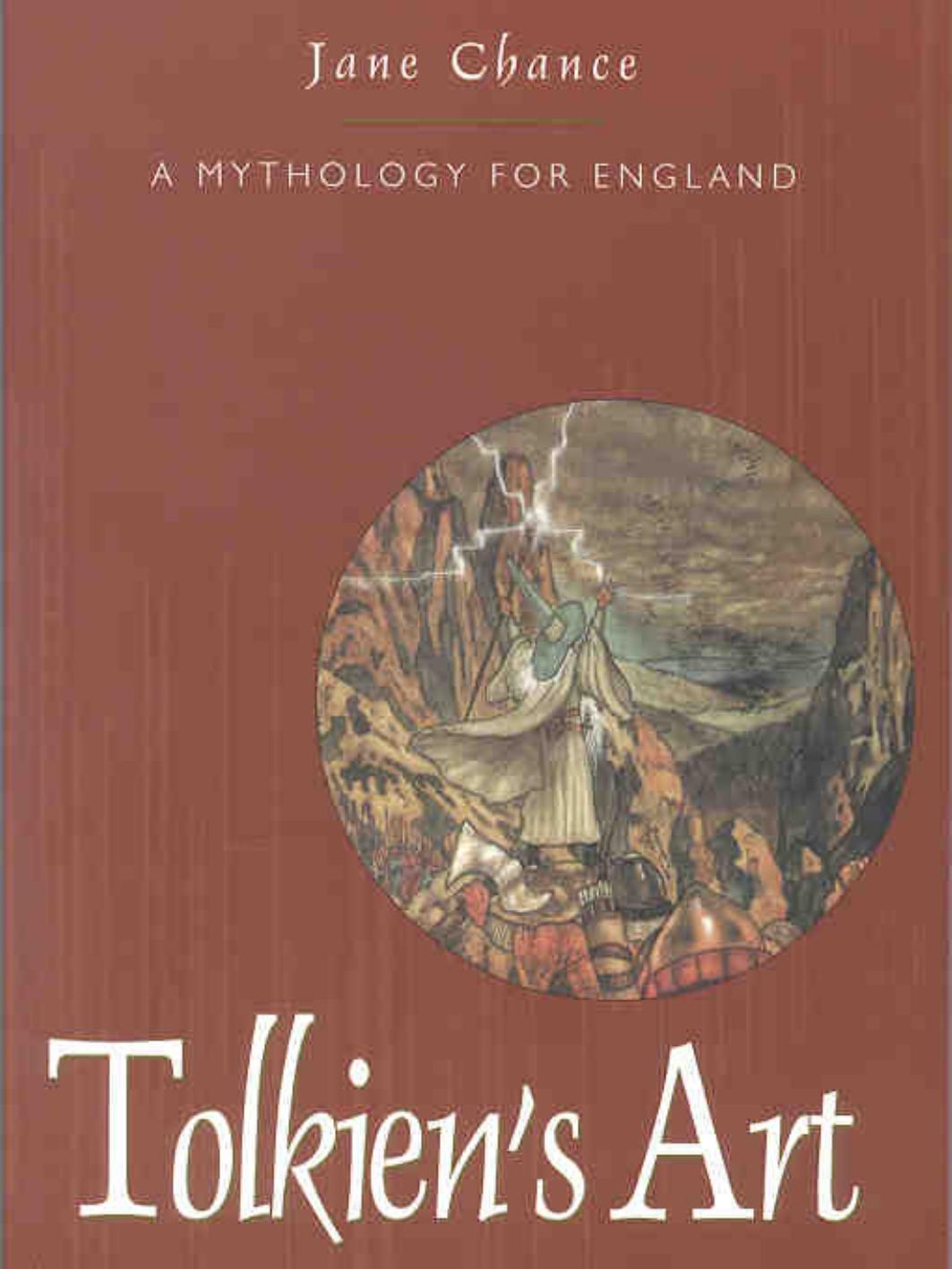Tolkien's Art: A Mythology for England by Jane Chance

Author:Jane Chance [Chance, Jane]
Language: eng
Format: epub, pdf
Tags: Literary Criticism, European, English; Irish; Scottish; Welsh, Science Fiction & Fantasy
ISBN: 9780813170862
Google: pzudsYuo8X0C
Publisher: University Press of Kentucky
Published: 2001-10-26T00:11:06.588523+00:00
His head was higher than the helm of kings
With heathen crowns, his heart keener
and his soul clearer than swords of heroes
polished and proven; than plated gold
his worth was greater. From the world has
passed a prince peerless in peace and war,
just in judgment, generous-handed
as the golden lords of long ago.
(âHomecoming,â p. 9)
But the shrewd TÃdwald recognizes the true nature of this excessively proud eorl: he risked and lost the lives of his men to obtain greater glory. âOur lord was at fault, ⦠/ Too proud, too princely! But his prideâs cheated,⦠/ He let them cross the causeway, so keen was he / to give minstrels matter for mighty songs. / Needlessly nobleâ (âHomecoming,â p. 14).
This pair functions in microcosm as those representative poor ignored by the aristocracy and the minstrels. Neither of these men belongs to the aristocracy: Torhthelm, although a freeman, is a minstrelâs son and TÃdwald is a farmer. Yet Torhthelm dreams of serving his lord as a warrior in battleââI loved him no less than any lord with him; / and a poor freeman may prove in the end / more tough when tested than titled earls / who count back their kin to kings ere Wodenâ (âHomecoming,â p. 8)âdespite TÃdwaldâs admonition that iron has, in reality, a âbitter taste,â and that, when faced with the choice, often a shieldless man is tempted to flee rather than die for his lord. Too, TÃdwald implicitly criticizes the aristocracy when he complains of the lot of the poor. The heroic earls die in battle, but poets sing their praises in lays. In contrast, âWhen the poor are robbed / and lose the land they loved and toiled on, / they must die and dung it. No dirge for them, / and their wives and children work in serfdomâ (âHomecoming,â p. 15).
Torhthelm perhaps learns something from old TÃdwald on the journey back to the monksâ abbey at Ely. In a dream of darkness he sees a lighted house and hears voices singing. The joyful song in the âHomecomingâ (based upon the speech of the old retainer in âThe Battle of Maldonâ) celebrates the love and loyalty of the subordinate rather than the pride of the lord:
Download
Tolkien's Art: A Mythology for England by Jane Chance.pdf
This site does not store any files on its server. We only index and link to content provided by other sites. Please contact the content providers to delete copyright contents if any and email us, we'll remove relevant links or contents immediately.
| Fantasy | Gaming |
| Science Fiction | Writing |
We Ride Upon Sticks by Quan Barry(34004)
The Secret History by Donna Tartt(18166)
Norse Mythology by Gaiman Neil(12831)
Crooked Kingdom: Book 2 (Six of Crows) by Bardugo Leigh(11965)
The Betrayed by Igor Ljubuncic(11629)
The Betrayed by Matthew Dickerson(11431)
Caraval Series, Book 1 by Stephanie Garber(9915)
Year One by Nora Roberts(9304)
Oathbringer by Brandon Sanderson(9191)
Twilight Siege: A Dark Fantasy Novel (The Fae Games Book 2) by Jill Ramsower(9018)
The Priory of the Orange Tree by Samantha Shannon(8616)
The City of Brass by S. A. Chakraborty(8510)
Red Rising by Pierce Brown(8263)
Confessions of an Ugly Stepsister by Gregory Maguire(7663)
Little Fires Everywhere by Celeste Ng(6853)
Shalador's Lady by Anne Bishop(6643)
Storm and Silence by Robert Thier(6492)
This Is How You Lose Her by Junot Diaz(6441)
Shadows Of The Apt [01] - Empire in Black and Gold by Adrian Tchaikovsky(6413)
